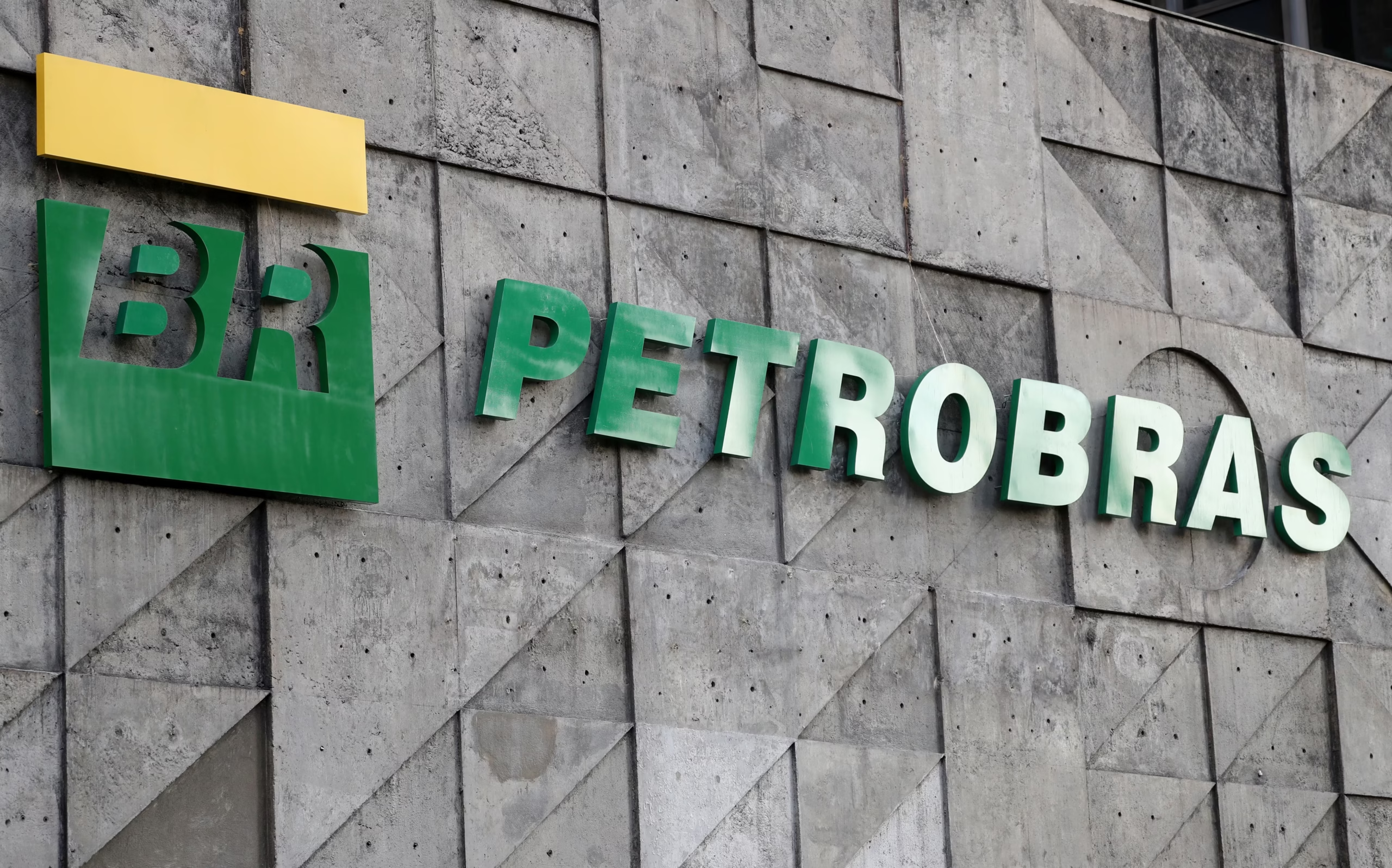Marianela Toledo
06-Apr-2016
HOUSTON (ICIS)–The Brazilian corruption investigation of Petrobras, which has ensnared the country’s top political leadership, is likely to lead to improved business conditions and greater adherence to the rule of law in the hemisphere’s second-largest economy when the damage is cleared away.
That is the assessment of the fallout of Lava Jato (Portuguese for “car wash”), as the investigation is known in the country, a group of Brazilian and US lawyers said this week.
As the proposed impeachment of Brazilian President Dilma Rousseff continues to move through the National Congress, a Brazilian delegation sought to shore up confidence in the country’s economy and political commitment to cleaning up corruption and cronyism.
At a Houston conference organised by the law firm of Mayer Brown LLP, the group met with investors, business owners and others concerned about the implications of Lava Jato on foreign investment and those interested in acquiring assets in Brazil.
“It started as a money-laundering investigation with some car wash, and it evolved and turned into a Petrobras investigation first, then about other companies, then reached politicians, now … the president,” said Bernardo Weaver, a partner at Mayer Brown.
“I think more than anything [US companies want] to detect their exposure in the face of the Petrobras scandal … determine how far this will go, in which sectors we are going to have problems,” Weaver said.
The probe has so far led to the indictment of dozens of high-ranking executives and politicians, and has re-energised opposition attempts to force Rousseff’s resignation, as an impeachment proceeding advances in the National Congress.
Still, the corruption scandal has not ended the extensive business relationships between Brazil and the US.
“[US] companies continued to buy and sell and operate in Brazil despite all this, and they are concerned about it,” Weaver said.
Brazil still holds good investment opportunities, even right now, he said.
“Our system allowed corruption to occur, but is now overcome by a new way of dealing with things,” he said. “Brazil has a lot of assets that are economically important, and Brazil is a huge economy, and has importance in the world.”
The legal structure has been reinforced, he said.
One of them is the Brazil’s Clean Company Act of 2014 (law number 12,846), which makes companies liable for the corrupt acts of their employees without a finding of fault. Regulators implemented the law in January 2015. Since then, other legislation has been proposed, all aimed at enforcing anti-corruption laws and transparency.
Adams said that the Brazilian Supreme Court recently prohibited companies from giving money to political candidates. In addition, the Brazilian tax agency obtained a Supreme Court ruling allowing direct access to all accounts to conduct investigations. Those two decisions revealed a process that cannot be reversed.
Because of the new legislations, the Brazilian economy will be more open, Adams said.
“One issue that … this political crisis [brought to light] … is how much the government controlled companies … you can see that [because of the advancement on] the impeachment,” Adams said.
“They [government] should not interfere [with companies], but support with compliance,” he added.
Alexandre R. Chequer, a partner at Mayer Brown, said that the future holds less involvement of the Brazilian government in the petrochemical sector. That includes upstream, midstream and downstream.



One Response
Hi, this is a comment.
To get started with moderating, editing, and deleting comments, please visit the Comments screen in the dashboard.
Commenter avatars come from Gravatar.